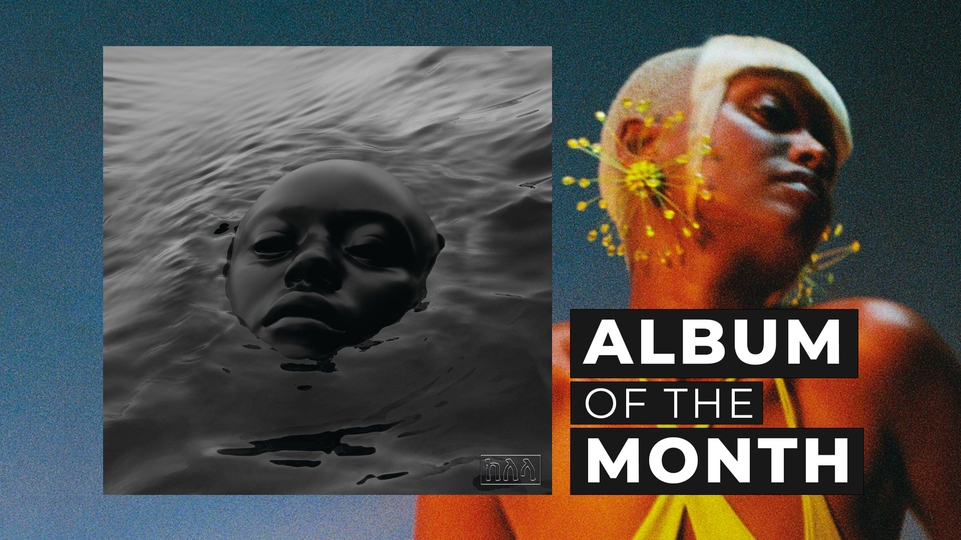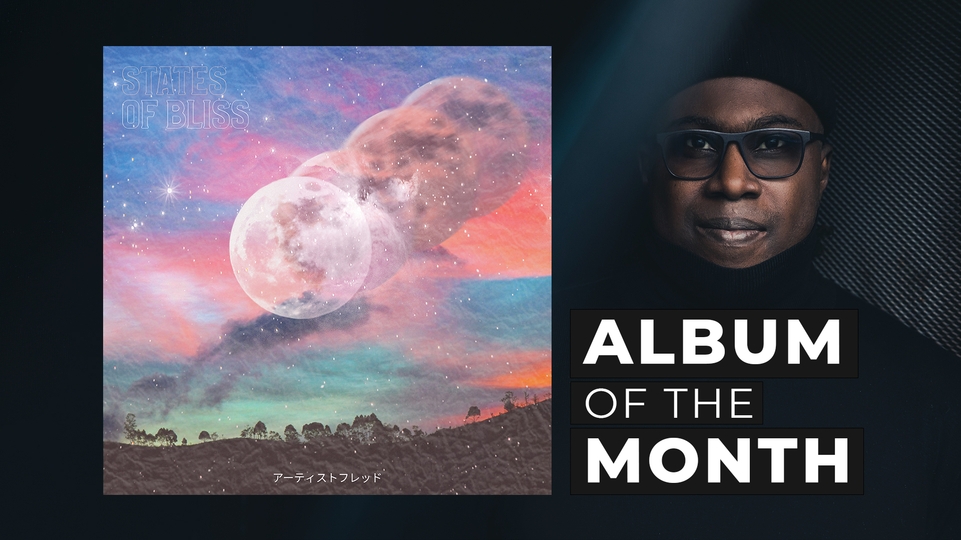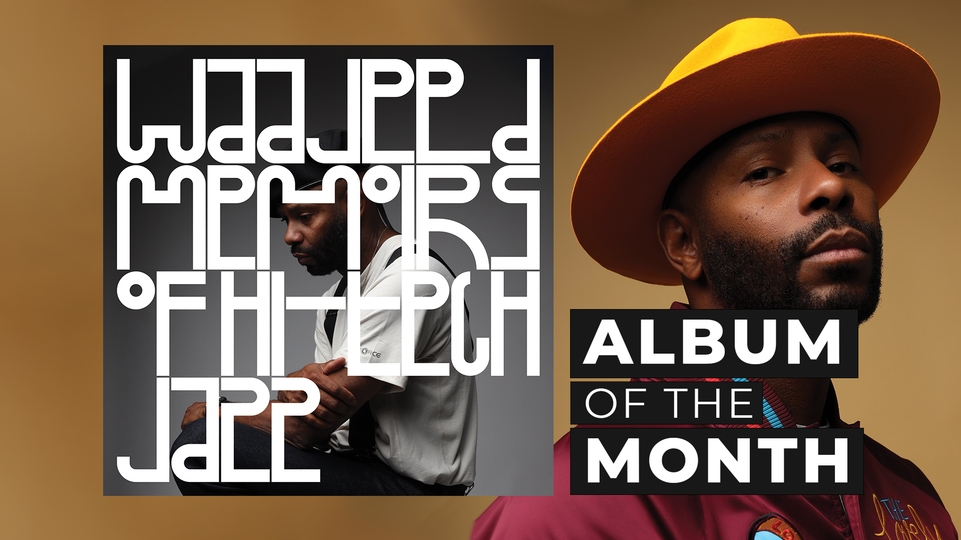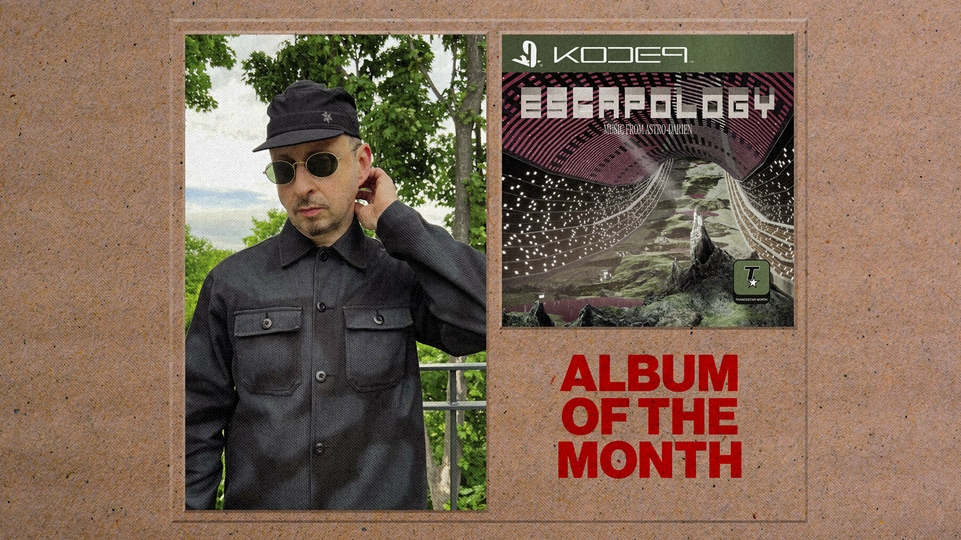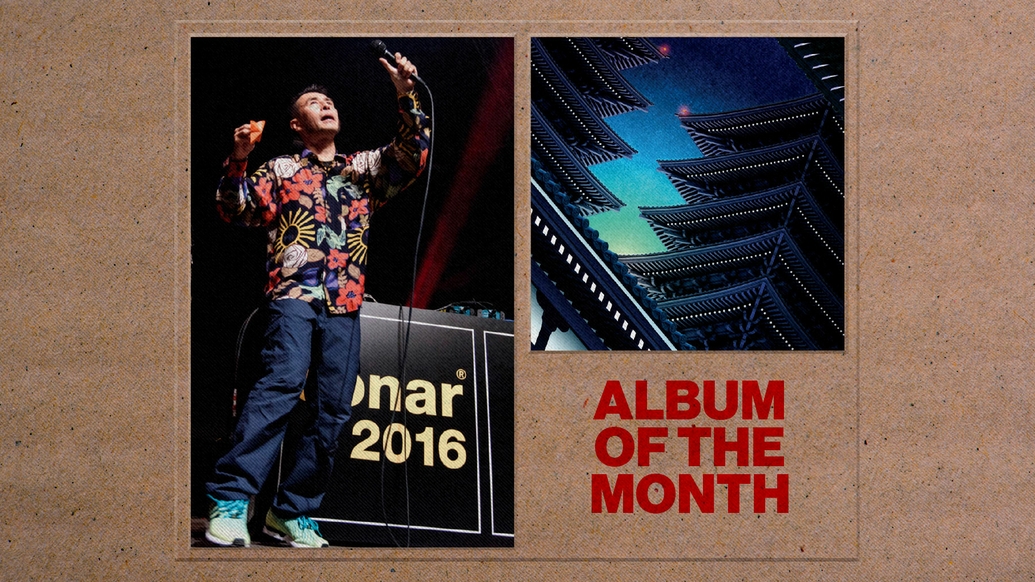
Album of the Month: Soichi Terada ‘Asakusa Light’
Soichi Terada’s first new house music album in 25 years is a masterclass is mood-building, and a reminder of his power to move your soul as well as your feet
Japanese producer Soichi Terada started making waves in 1989, producing pop singer Nami Shimada’s now-classic ‘Sun Shower’. His Far East Recordings label, meanwhile, launched with Shinichiro Yokota, put out a huge body of work during the ’90s and ’00s, highlighting a magical, musical touch, mostly for house, but also everything from downtempo to jungle.
Having settled into a niche making ecstatically-hyped computer game soundtracks, releasing two albums of tracks originally made for the Ape Escape series, he might still be doing this were it not for Rush Hour’s 2015 ‘Sounds From The Far East’ — a Hunee-curated compilation shining a light on his rich dance music legacy. Not only did it revive his live career, sending him out on tour to showcase his talents for a new generation of dance music fans, it also laid the ground for ‘Asakusa Light’, his first new album of house productions in 25 years.
Comebacks after this period of time are always a risk. Indeed, the new album title comes from what Terada describes as the illumination he had to search long and hard for, struggling to re-enter the mind and creative process of the person he was almost three decades ago. But recorded on the same analogue gear as when he was at his prolific peak, it’s a near flawless return to what makes his music so potent and appealing.
Lead single ‘Bamboo Fighter’ is the most dancefloor cut, and bears all the classic Terada hallmarks: infectiously bouncy bass, jaunty 8-bit lead and seductively atmospheric pads, swinging drum machine beats accentuated by a layered breakbeat. What sounds like a Shakuhachi flute adds the distinctly Japanese touch that defined Far East Recordings. Deeply soulful and grooving, it takes you straight back to Terada’s universe.
A master of mood-building, you can hear how his talents translated into the world of computer games, and how their influence has perhaps fed back into ‘Asakusa Light’. From the anticipatory tension of beatless opener ‘Silent Chord’, he displays himself as a master of maximum effect from minimal elements; a harmonious kind of machine interplay, without the need for modern production tricks.
’Marimbau’ is distant and dreamy over a broken kick pattern, ‘Soaking Dry’ a nod perhaps to his ability to convey different feelings at once, with disco stabs and a wandering bassline, ultra deep chords and electronic strings. The effect is uplifting, yet also blissfully narcotic. With the kick- drum as its beating heart, house music is designed to move, but Terada moves your feet and stirs your soul. The bassline of ‘Runners’ evokes the movement of its name, but the twinkling melodies above have you floating in sublime suspension.
Rush Hour draws comparisons to other greats of deep house, like Nu Groove’s pioneering Burrell Brothers, the multi-talented Ben Cenac, Larry Heard and Wamdue Kids. While this means house music of the most heavenly, ethereal kind, Terada’s sound is all his own. There is a definite ‘Asakusa Light’ — and on the basis of this, it’s not gone out.
